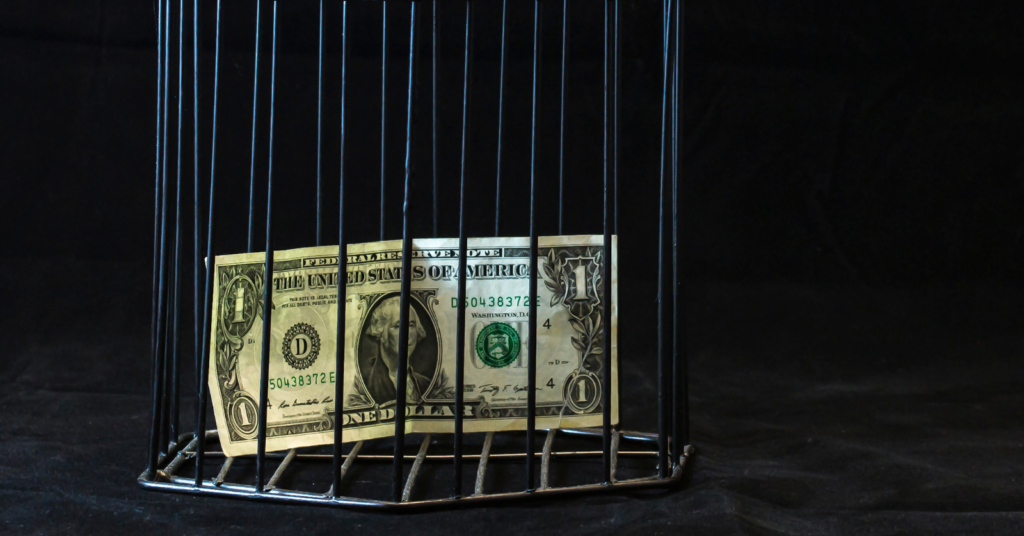Iowa’s poor investment in state services and prioritization of tax cuts has held the state back, according to Democratic legislators. And in the waning days of the legislative session, legislators are now trying to wrap up the last items of business for the year, including the budget going forward.
Currently, the legislature is working on that budget for next year, as well as a big tax bill.
Right now, the plans are for tax cuts and increased spending for health care, public safety and education.
For Democrats, the big priority is providing for middle class Iowans, and making sure support is available where it’s needed.
Democratic Sen. Joe Bolkcom said with the state’s revenue in a good place, and the projected $4.5 billion coming to Iowa from the American Rescue Plan, that there should be plenty of resources for appropriations.
Democratic Rep. Chris Hall said House Republicans have been less clear about tax and budget targets, but he expects the bare minimum in appropriations for state services.
Hall said the state’s budget has grown by about $2.4 billion over the last ten years.
“That growth has rarely been invested in state services, and most of it has actually gone out the door in either fairly aggressive tax cuts or they have gone to a couple of programs that have continued to grow in cost to the state,” he said.
Education and Medicaid are usually the primary beneficiaries, and Hall said other services don’t get much support.
One of the problems of that underinvestment, he said, is that the places that rely on these state services, especially smaller communities, are losing the ability to keep jobs and services for the people who live there.
“It has percolated to the point that you also see people moving out of those communities, and it makes it a little bit harder just in terms of maintaining quality of life in a lot of different places in Iowa.”
The two legislators had the same concerns about the tax cuts and whether they’d provide relief for average families.
“In my mind the biggest question is how big of a bite are we taking, how many dollars are going to go out the door. And also, who do they benefit?” Hall said.
The current plan being debated would accelerate tax cuts that were approved in 2018, and are dependent on state revenue increases.
Hall said when that 2018 bill was approved, the benefits were weighted toward wealthy Iowans, but now the benefits could reach middle income people. Both parties support that tax relief.
Both said they were interested in the direction of COVID relief and how to balance the power between the governor and the legislature.
Based on conversations he’s had with Republican colleagues, Hall said he thinks the legislature may assert more power over the use of the federal money than they did last year.
“I think we’ll see in the next couple of weeks whether they engage here,” Bolkcom said. “They seem to be pretty happy overall with the governor’s decisions on the 1.25 billion in spending. And they haven’t wanted to wrestle with her about any of it at this point.”
With the new money coming, Bolkcom said it’ll be interesting to see if Republicans step up with limits or priorities for the use of the money.
“I do think, at the very least, we should have some accountability and transparency requirements in there,” Hall said. “We need to make sure those dollars are well-spent and targeted on the recovery of the average person in this state.”
